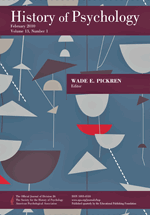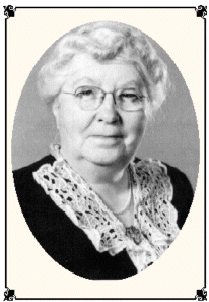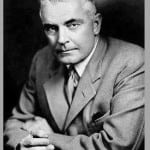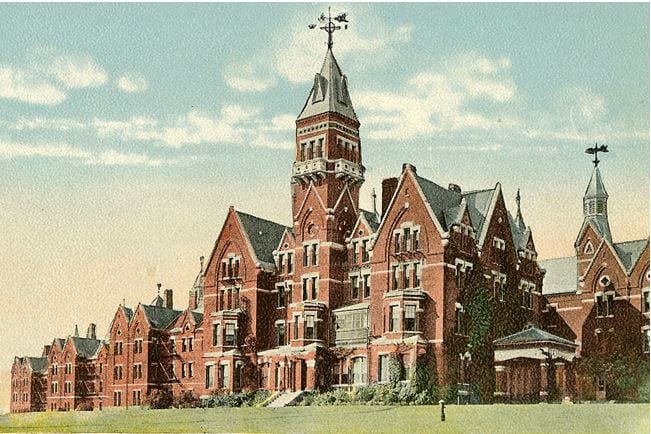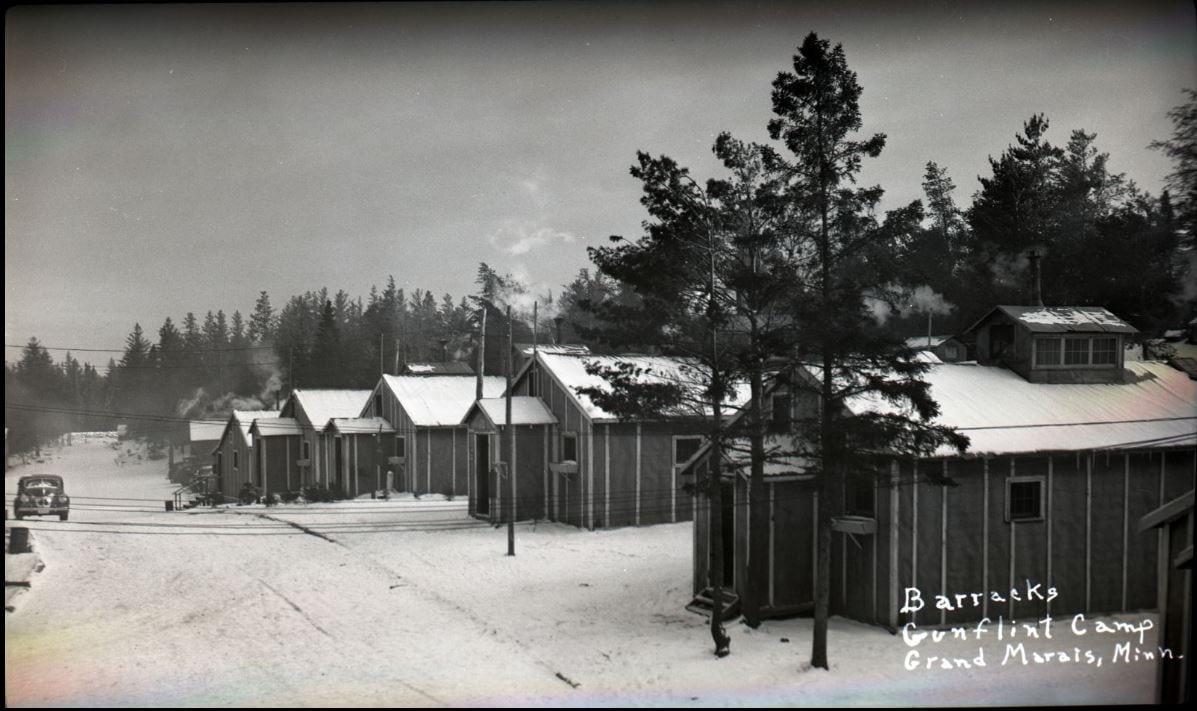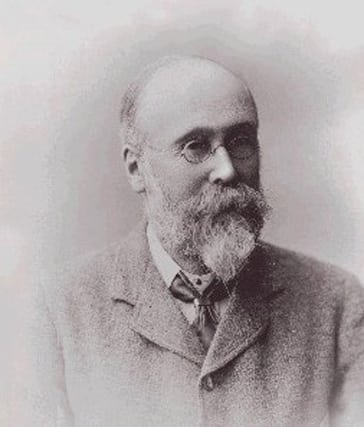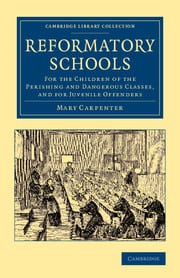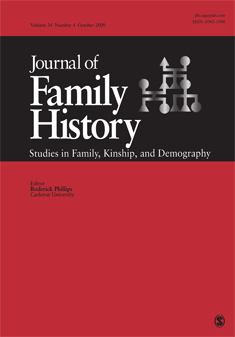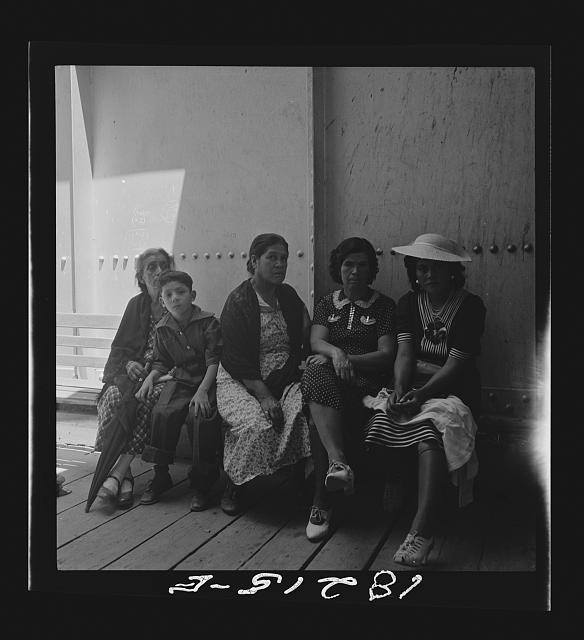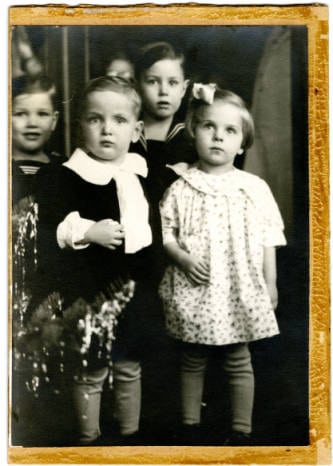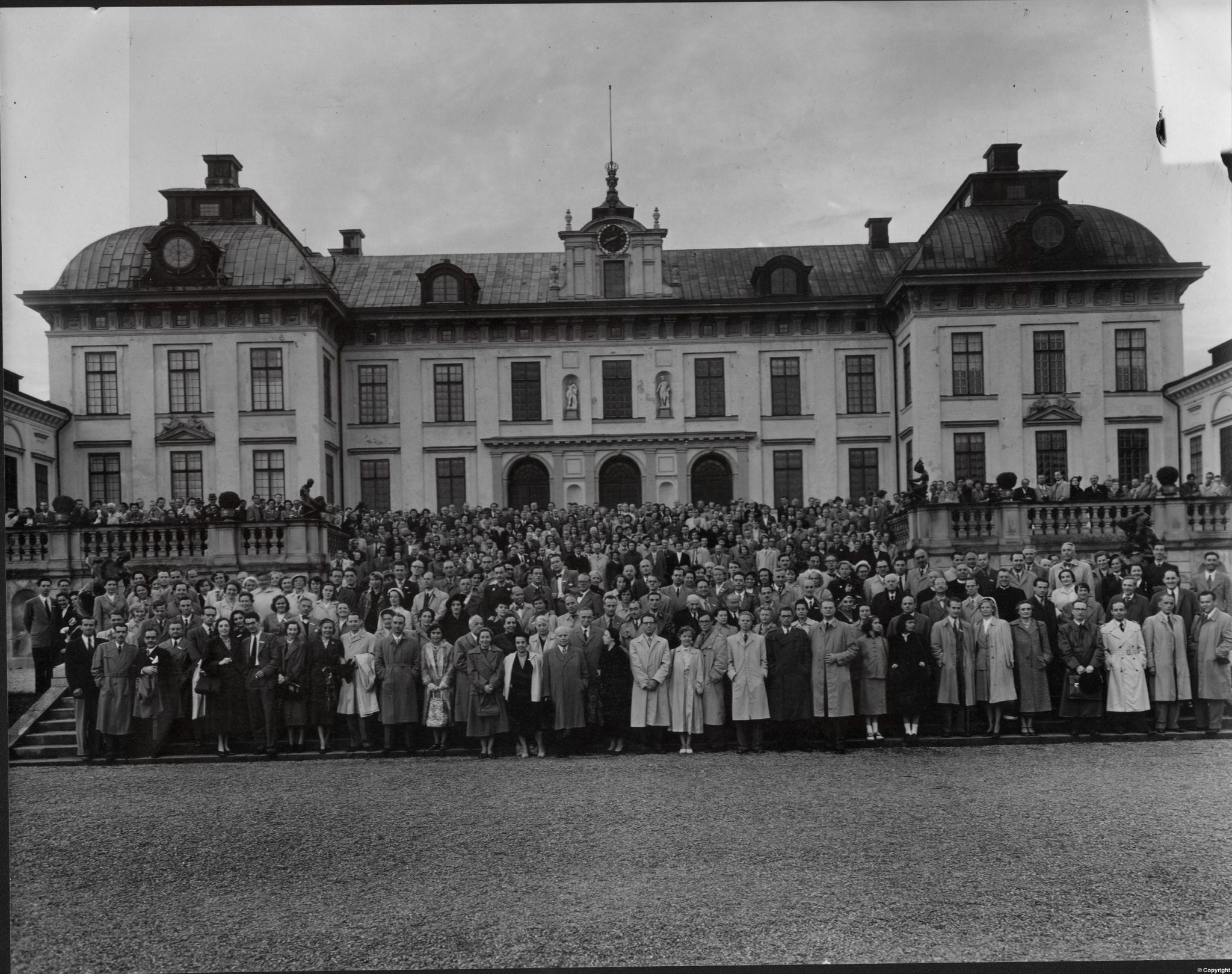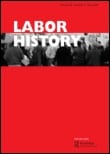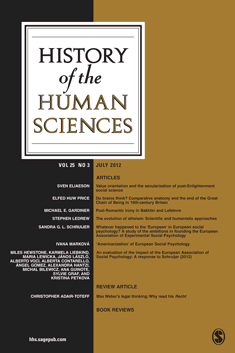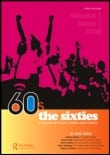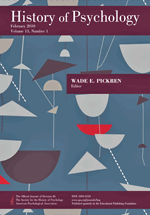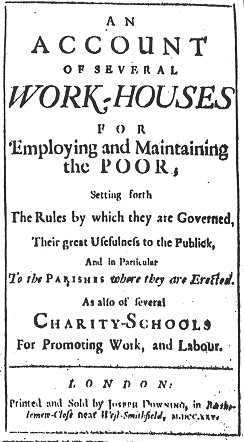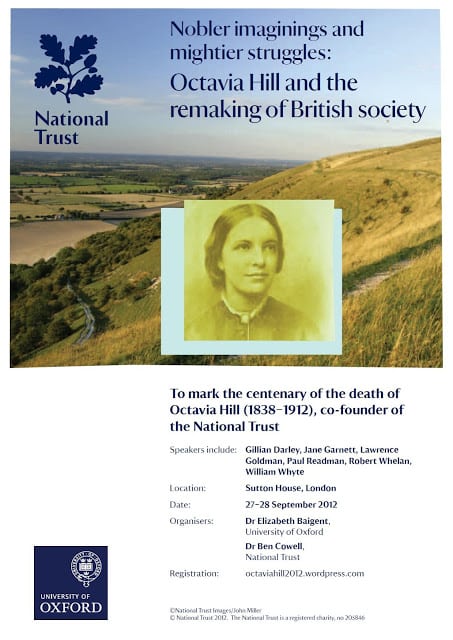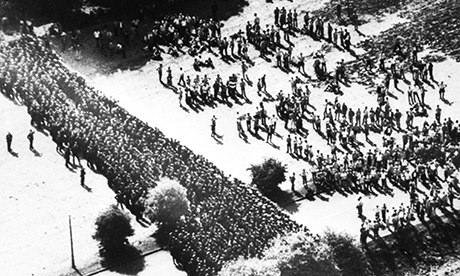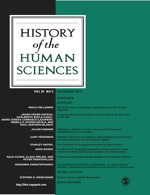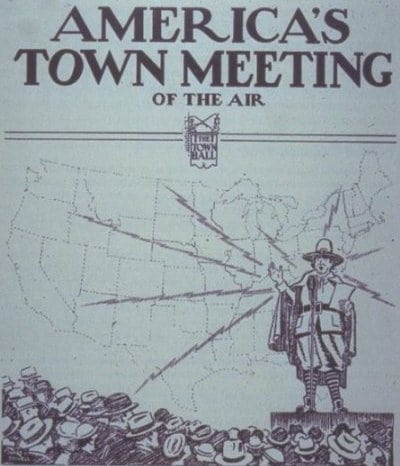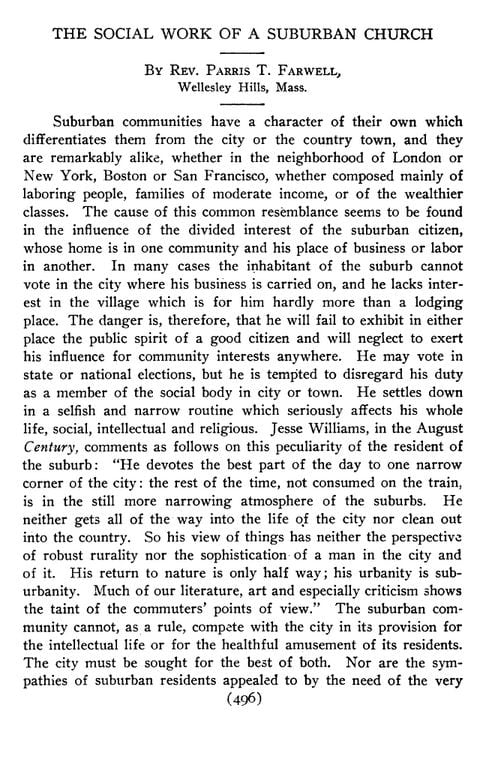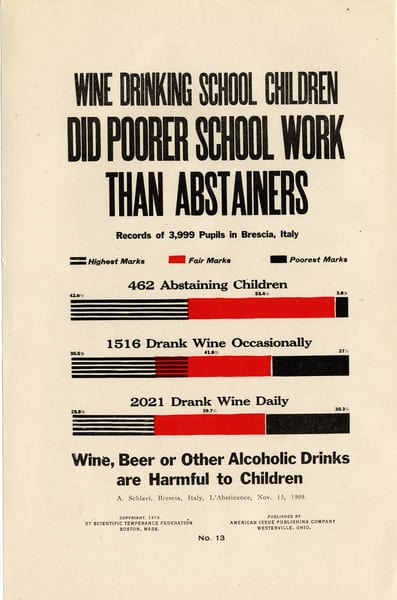While this is one of the most notorious events in the early history of American psychology, almost nothing has been known about the incident itself, because both Baldwin and Hopkins took great pains to keep these details private.
US Women’s Bureau Directors Gallery
Feminine by Design: re-engendering mural painting at the fin de siècle
Special Issue: Behaviorism at 100: The Legacies of Watson’s Behaviorist Manifesto
Danvers State Insane Asylum
America’s Great Depression and Roosevelt’s New Deal: Relief Programs
Joseph Rowntree: A dynasty of philanthropy and research on social problems
Offices of The Suffragist
Reformatory Schools: For the Children of the Perishing and Dangerous Classes, and for Juvenile Offenders
Daughter of a Unitarian minister and schoolmaster, the penal reformer and educationist Mary Carpenter (1807–77) grew up in a pious family with a strong sense of obligation to those who were less fortunate. Moved by the appalling circumstances of destitute children in Bristol, she established her first ragged school in 1846. In her bid to improve the difficult lives of juvenile delinquents, her enlightened philosophy was one of rehabilitation rather than retribution, emphasising the importance of giving children a sense of self-worth.
Slum dwelling in Los Angeles, 1941
The Troubles (1968-1998)
‘My Father Was an Incredibly Honest Person’: The Myths and Stereotypes in the Narratives of the Descendants of Bohemian Nobility
Mexicans entering the United States. United States immigration station, El Paso, Texas (1938)
Structural and diffusion effects in the Dutch fertility transition, 1870-1940
Four young children, Protestant Orphan Asylum, St. Paul, Minnesota (1914-27?)
Anti-American Themes in British Radicalism from the “Tariff of Abominations” to the Crisis of Secession: The Case of Thomas Perronet Thompson
The Theory of Collective Memory and the 1953 Short Creek Arizona Polygamous Raid
A key question in collective memory research is how such memories are created and shared over time. This study consisted of a qualitative content analysis of documentary artifacts to determine whether there is a collective memory of the 1953 Arizona Short Creek Raid and, if so, how it developed and contributes to an ongoing sense of identity for some Fundamentalist Mormons.
13th International Congress of Psychology (ICP) in Stockholm 1951
Overcoming Inner Division: post-suffrage strategies in the organised German women’s movement
‘Forgotten Female Soldiers in an Unknown Army’: German women working behind the lines, 1914–1918
Sibling Position and Marriage Timing in the Netherlands, 1840-1922: A Comparison across Social Classes, Local Contexts, and Time
The Hudson River School of Incarceration: Sing Sing Prison in Antebellum New York
New York’s Sing Sing Prison’s first two decades coincided with the emergence of the Hudson River School of Painting. The differences between the two were dramatic: the Hudson River School emphasized an idealized “natural magnificence” whereas the prison extracted silent, profitable labor through routine beatings.
A Nest of Subversive Propaganda: Progressive Children’s Arts Education from the New Deal to the McCarthy Era
Alcohol therapy: medicinal drinking through the ages
Trends and risk factors of maternal mortality in late-nineteenth-century Netherlands
They gave the crowd plenty fun: West Indian cricket and its relationship with the British-resident Caribbean Diaspora
Spectrum, trajectory and the role of the state in workers’ self-management
The Sexual Life of English: Languages of Caste and Desire in Colonial India
Pills, Power, and Policy: The Struggle for Drug Reform in Cold War America and Its Consequences
Deprived of touch: How maternal and sensory deprivation theory converged in shaping early debates over autism
In 1943, a distinguished child psychiatrist at Johns Hopkins University, Leo Kanner, published what would become a landmark article: a description of 11 children who suffered from a distinct disorder he called ‘infantile autism’. While initially quite obscure, in the early 1950s Kanner’s report garnered much attention, as clinicians and researchers interpreted these case studies as exemplifying the ill-effects of maternal deprivation, a new theory that rapidly gained currency in the United States.
